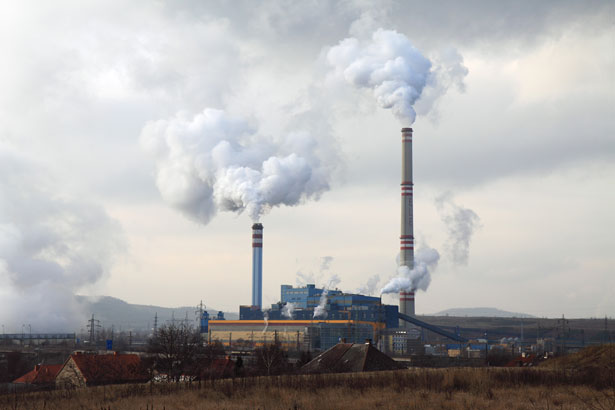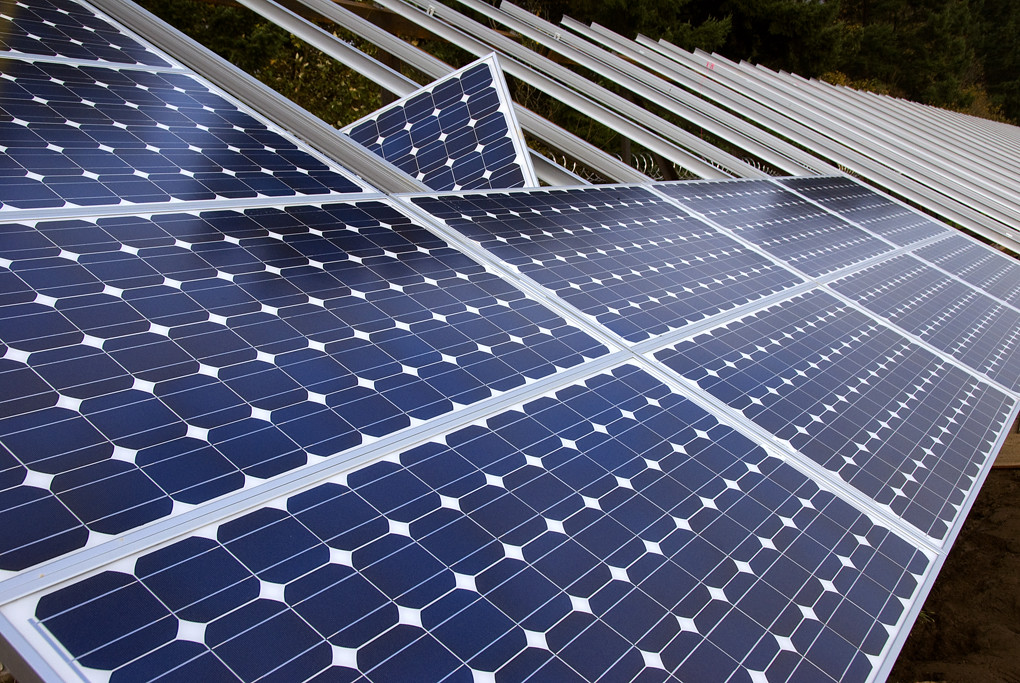The Supreme Court voted against the EPA, But what does that mean for you?

On June 30th, the Supreme Court voted against the EPA in West Virginia v. EPA. The EPA lost their ability to use the Clean Air Act to be able to regulate power plant emissions as they had been in the effort to reduce greenhouse gasses. This case has been discussed for a long time, since 2019, mostly backed by coal and gas- fired power plants wanting less regulations on their emissions.
Wait, backup, what’s the Clean Air Act?
The Clean Air Act is a law enacted in 1990 that allows the EPA to help protect and improve our country’s air. This law is one of the biggest steps our nation has taken to prevent climate change and policies that have been enacted under this act have greatly improved our air and ozone layer. The hole in the ozone layer, which was a largely discussed environmental problem, was improved and prevented in part by the actions taken by the Clean Air Act. This law is a huge part of the environmental movement and set the precedent for many other environmental law actions.
So what did the Supreme Court say the EPA couldn’t do?
The Supreme Court voted in favor of West Virginia, which means that the EPA cannot regulate emissions from coal and gas- fired power plants. Many of these large corporations claimed that they were of such “vast economic and political significance” that a government agency should not be involved in their energy production. The EPA now cannot tell coal and gas- fired power plants that they need to reduce their carbon emissions to prevent air pollution.

What was so important about the EPA regulating these power plants?
The power plants that now aren’t regulated by the EPA account for over 85% of greenhouse gas emissions in the United States. Now that they don’t have to answer to the government agency, this number could increase. Many of these companies have made it clear that their goal is to increase their economic standing without large considerations for the environmental impact of their work. While as a country we are still heavily reliant on these power plants, the lack of regulation could increase the amount of pollution from these plants without penalties for the companies.
What can I do?
Many people do feel frustrated with this decision, especially those who are working towards making their lifestyles more sustainable and feel like it isn’t enough. Good news, there are some things you can do to help despite this decision! The biggest and most obvious response to this decision would be to invest in clean energy. This might look like installing solar panels on your house or changing your energy source to wind power through your energy company. Many energy companies do offer clean energy alternatives as an energy plan which is a great way to make a quick change away from these coal and gas fired power plants. The second way to help is to support clean energy agendas in local, state and federal levels. Petition for more clean energy projects, encourage more solar panels in your community and make sure those in power know what you believe in. There are many communities that are angry with this decision and want to see change, be a part of it! Lastly, stay informed. Keep up to date on these decisions and find out what it means for your environment and community. Being informed not only allows you to be aware of what’s going on around you but can help to make better decisions with the most positive outcomes.

This decision is saddening for those who are working towards Cleaner, Greener, Healthier Tomorrows but there are still plenty of things you can do to support cleaner air in your communities.
Resources:
Official Supreme Court Decision: https://www.supremecourt.gov/opinions/21pdf/20-1530_n758.pdf
Clean Air Act:
New Jersey Solar Panel Information:
https://www.nj.gov/dep/aqes/opea-solar.html